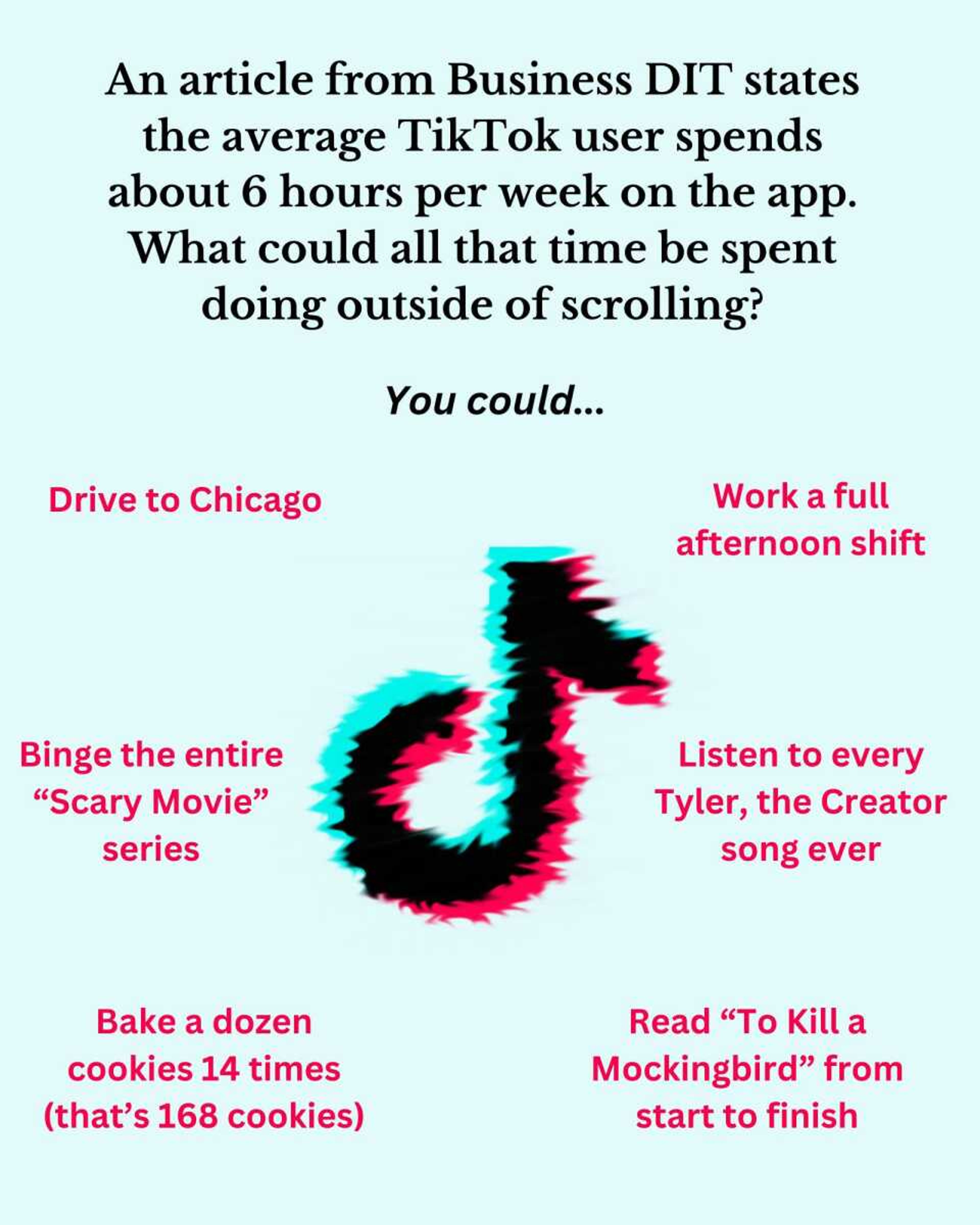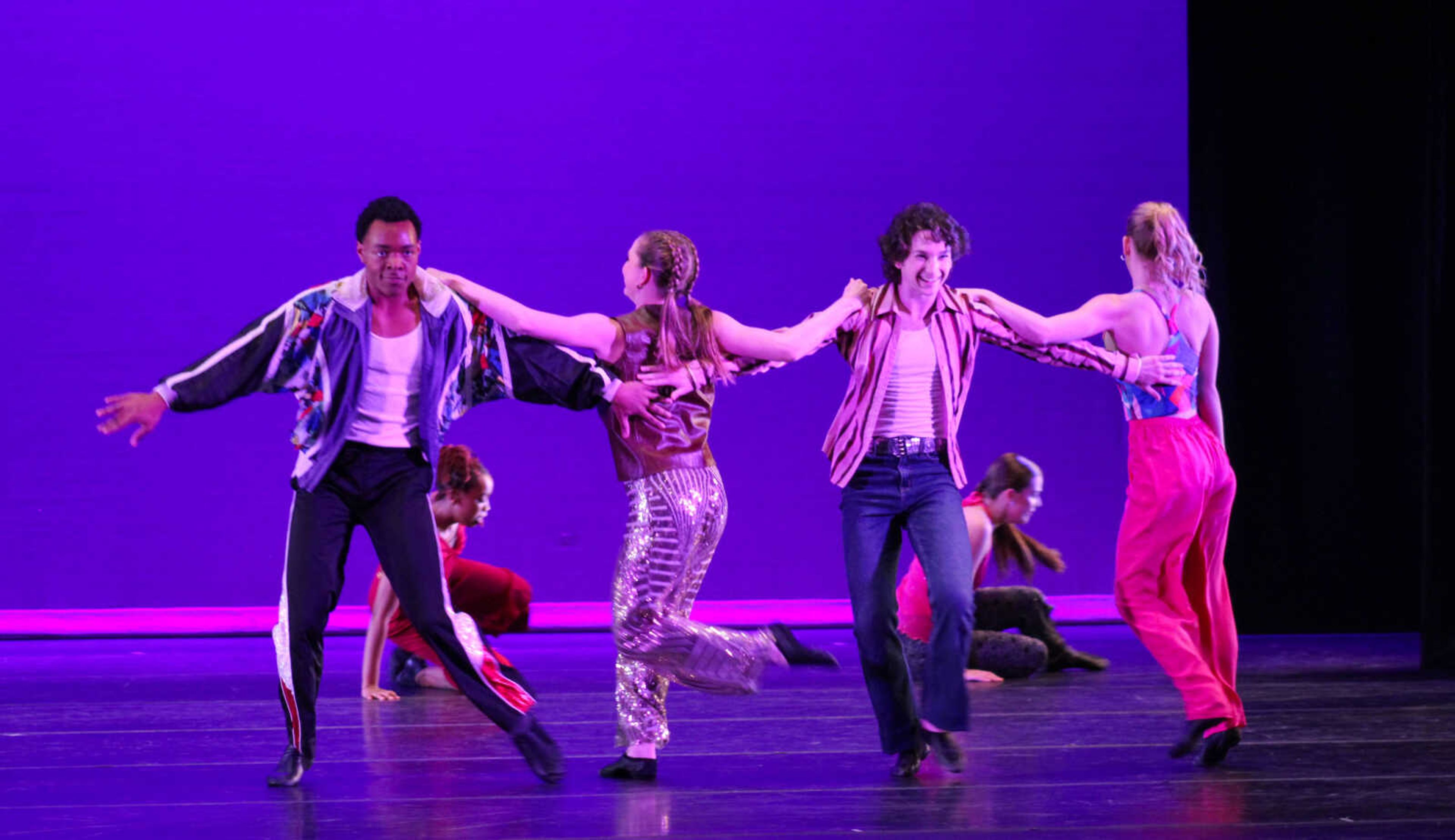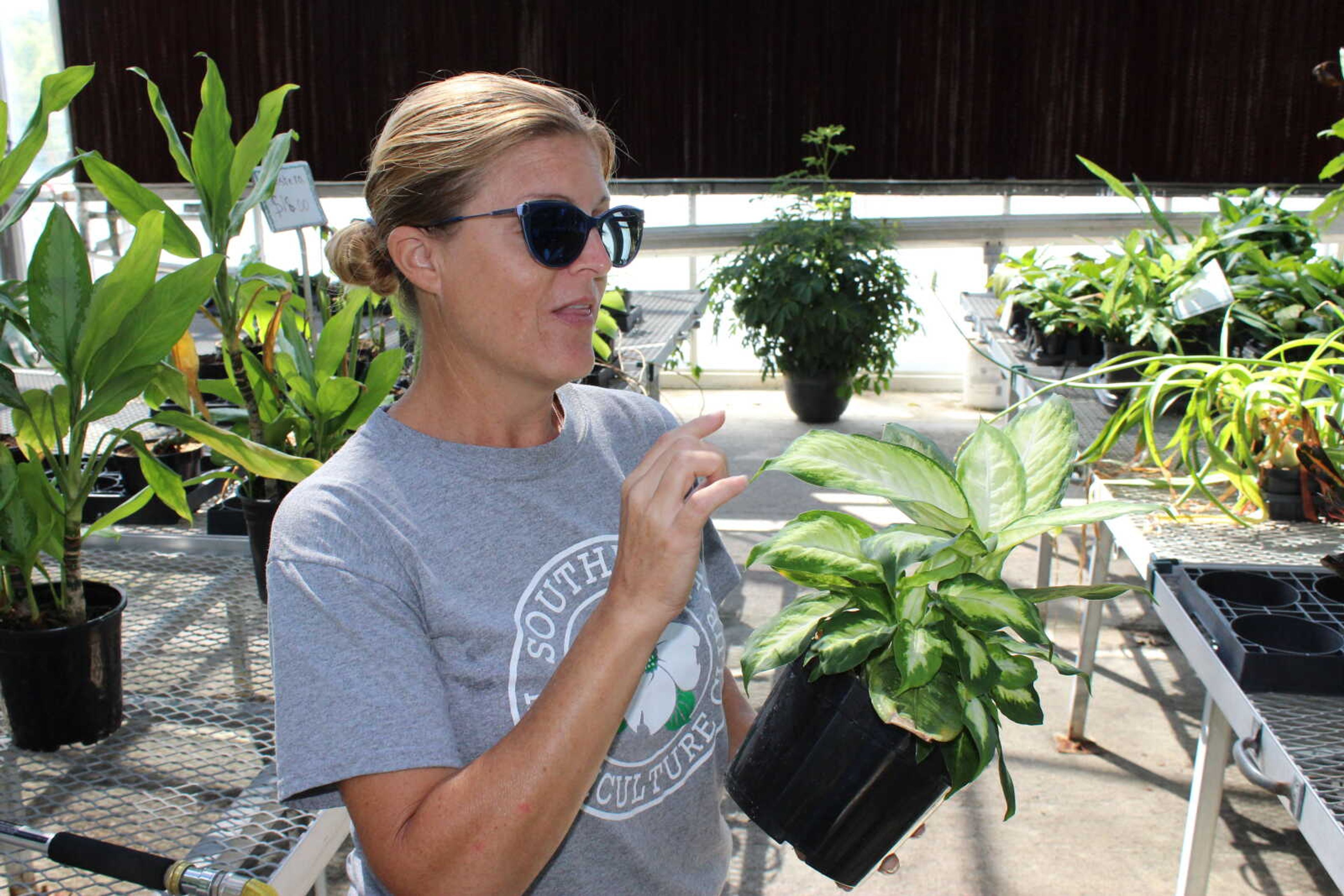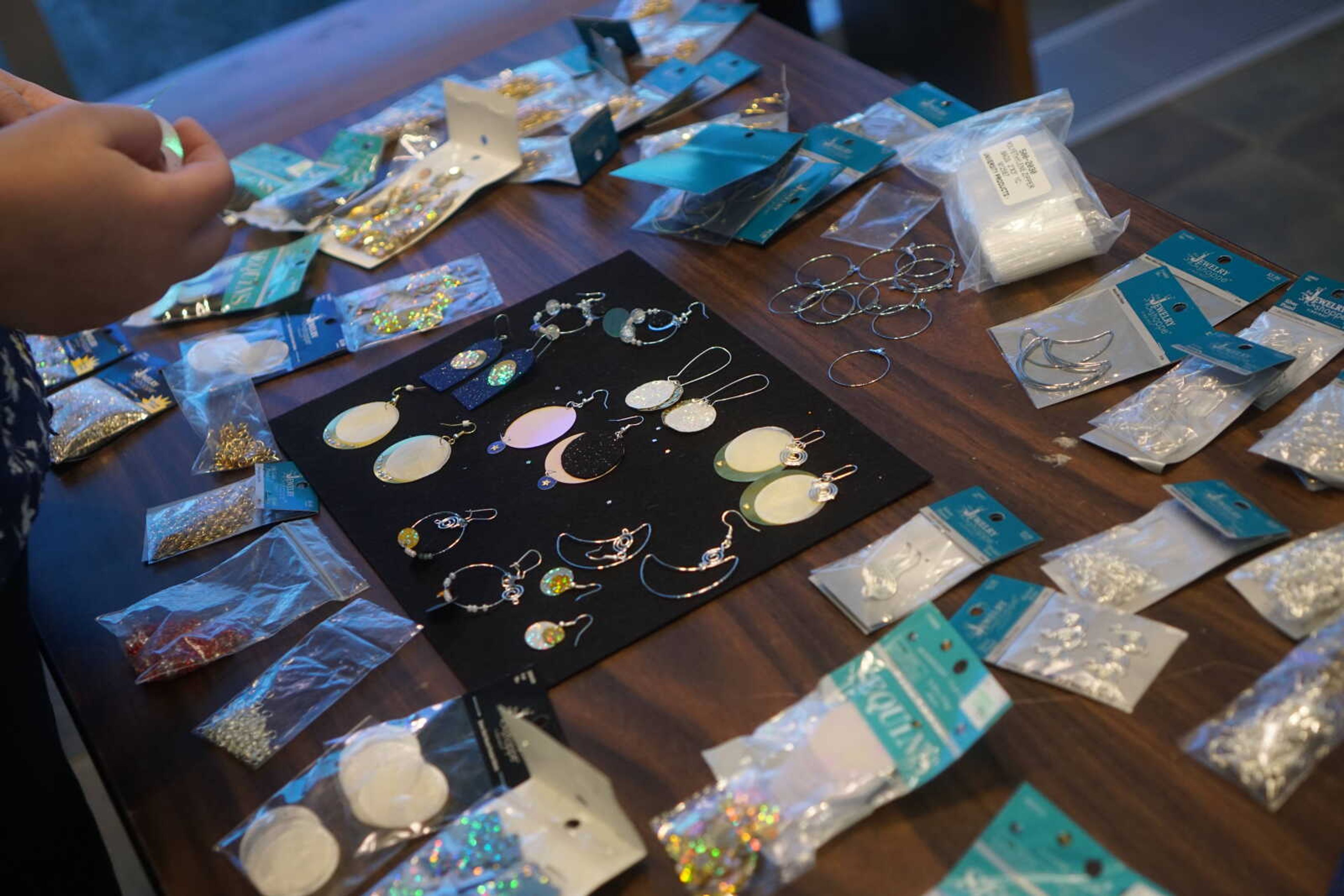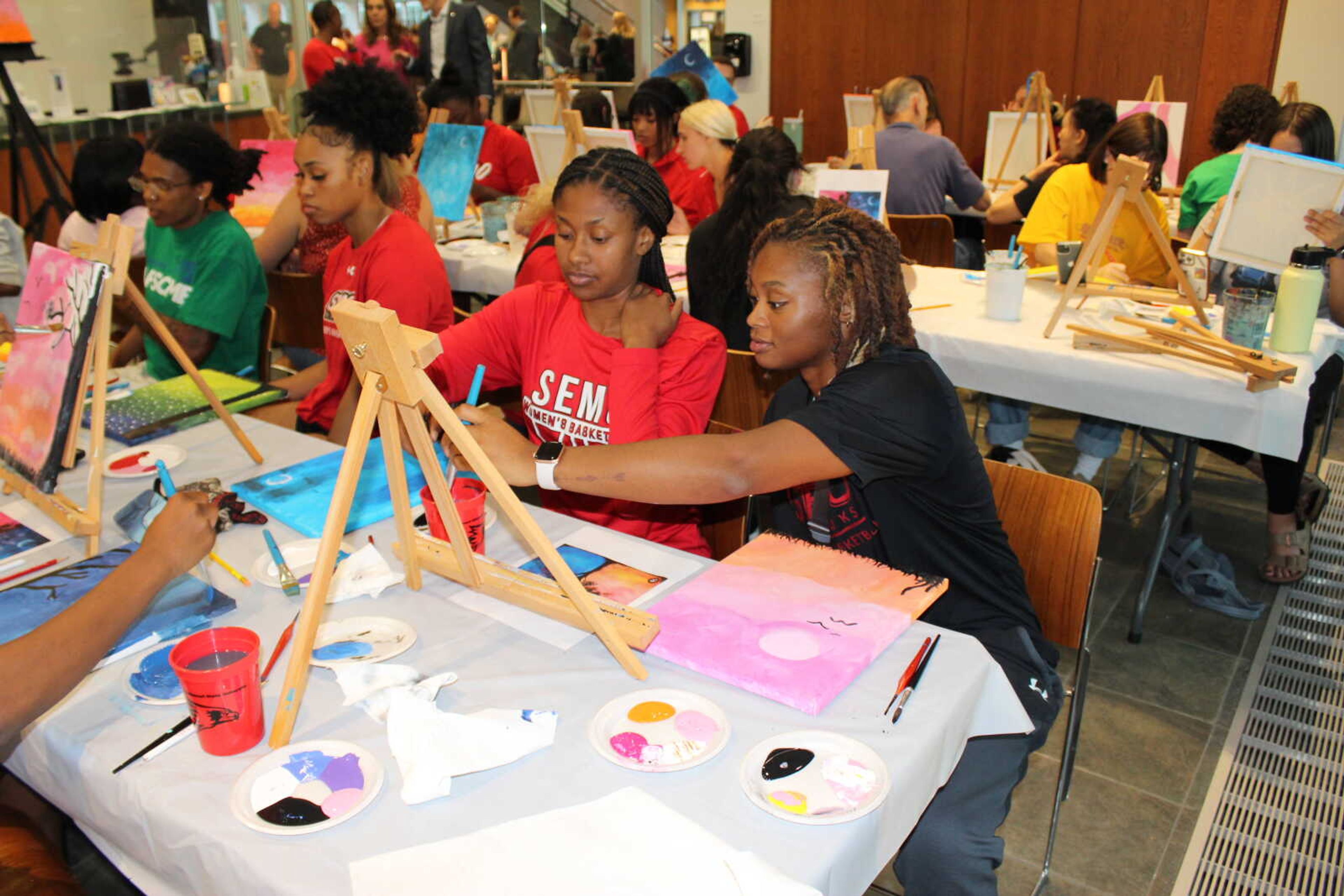The controversial TikTok app has found its way onto the phones of many Americans, and journalist Pablo Chavez states in the story “Congress, TikTok and Securing Democracy in the Digital Age” that U.S. Congress is considering passing legislation that bans or restricts American usage of the app. Members of Congress have concerns about national security concerns based on allegations that the Chinese government is using the app for data collection and that it could be used to influence elections and other elements of American society in the future.
According to an article by Wallaroo Media, as of January 2023, the United States has an estimated 80 million active monthly users on TikTok, with 60% of users ranging from 16 to 24 years of age.
Many SEMO members spend significant amounts of time on the app.
Assistant professor of mass media Sarah Cavanah teaches multiple courses about social media, including MC231 Social Media Content Creation and Strategy. Cavanah pays close attention to the trends in social media and the research behind different platforms.
Cavanah said society is in the midst of a “fork in the road” in media, as users move toward more passive interactions on social media. She said prior social media was more “social,” meaning users were more interested in making connections with others by posting personal content, but TikTok has moved media users into a role of consumption rather than creation.
While some people believe TikTok is narrowing the collective’s attention span through excessive time spent watching shorter clips of widely-ranging topics, Cavanah has an opposing view to this theory.
Cavanah used the metaphor of a car stopping and starting when looking at the idea of attention span. Every time the brain changes focus, such as replying to a text while listening to a professor’s lecture, the brain has to stop and redirect itself to focus on the text message and then redirect itself again to focus back on the lecture.
She said there is no proof our brains can multitask, so when people study attention span, they are sudying how long the brain stays focused on one topic.
Cavanah said TikTok actually does the opposite of this. It engages the consumer so deeply that it keeps them on the app for long periods of time. Even though the content switches from topic to topic, the focus is still on the app.
This is where the misconception of TikTok decreasing attention span comes into play, and Cavanah said the real issue is people spending too much time procrastinating by scrolling.
As Cavanah has observed media usage over the years, she said many people have created the narrative that TikTok controls the user, but she believes the user is actually the one who has complete control over setting boundaries, through self-discipline and using the app to their advantage.
Cape Girardeau local Jaci Wakin became popular on TikTok, with her posts reaching millions of views, racking up more than 14,000 followers. Wakin posted lip-sync and dance videos that caught the attention of many people, but the time and energy she put into each video was much more than meets the eye.
Wakin said she found herself spending hours looking for audio she could use, and once she found the perfect audio, she would spend even more time remaking the same video until it was perfect.
After only two months of building a strong following on TikTok, Wakin decided she needed to delete the app to free herself from its habitual nature.
“When I still had TikTok, I would wake up first thing in the morning and instantly get on my phone and start scrolling, and that’s not really the building block of a good day,” Wakin said.
Since deleting TikTok, Wakin said she has noticed her sleep schedule has improved, her screen time has gone down significantly, and she feels much more present in conversations and throughout her daily activities.
As Cavanah has observed media usage over the years, she said many people have created the narrative that TikTok controls the user, but she believes the user is actually the one who has complete control over setting boundaries, through self-discipline and using the app to their advantage.
Sophomore fashion marketing major DeAndre Scott uses TikTok to promote his fashion brand, Different PLNT. Scott said he finds different brands and styles that he enjoys through the app and makes connections with other accounts based on similar interests.
Scott said he has had to learn how to balance finding inspiration and avoiding procrastination while using the app.
“I feel like you can really get inspired by what other people are doing, but at the same time, it can also make you feel like you’re not doing enough,” Scott said.
Scott said he believes it is up to the user to decide how TikTok will influence society in the future.
“There’s this split in our generation of those that are really motivated to do things and then there’s the lazy side, so I feel like TikTok can influence both of them,” Scott said. “It just depends on how the person chooses to internalize it.”
